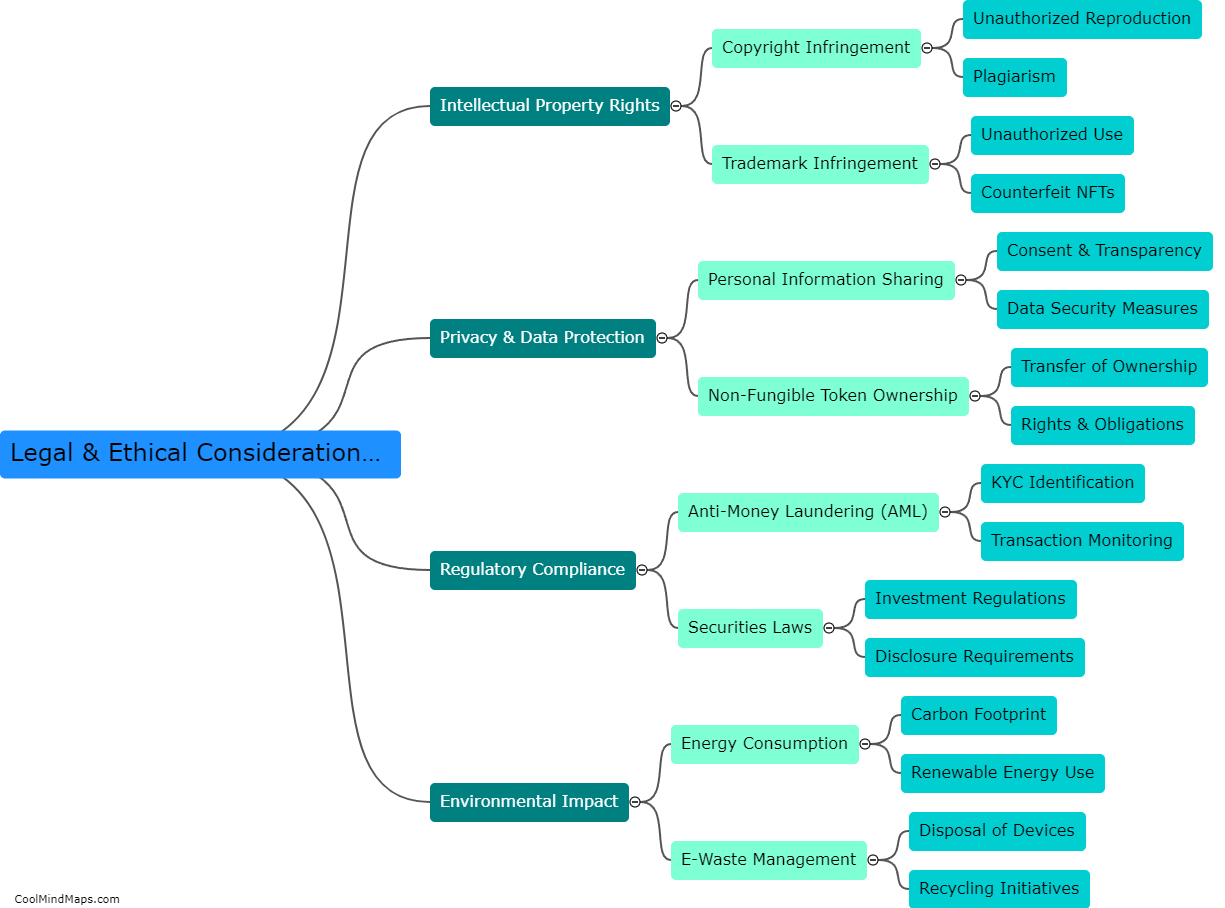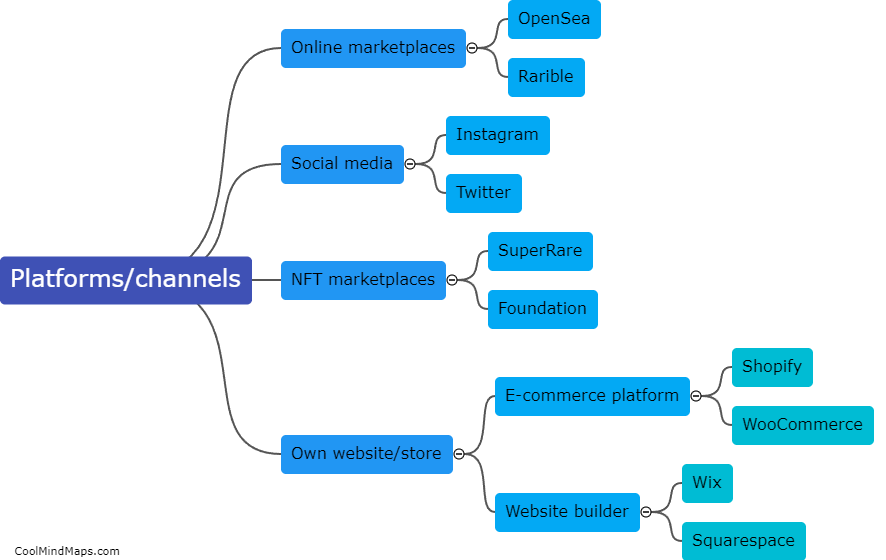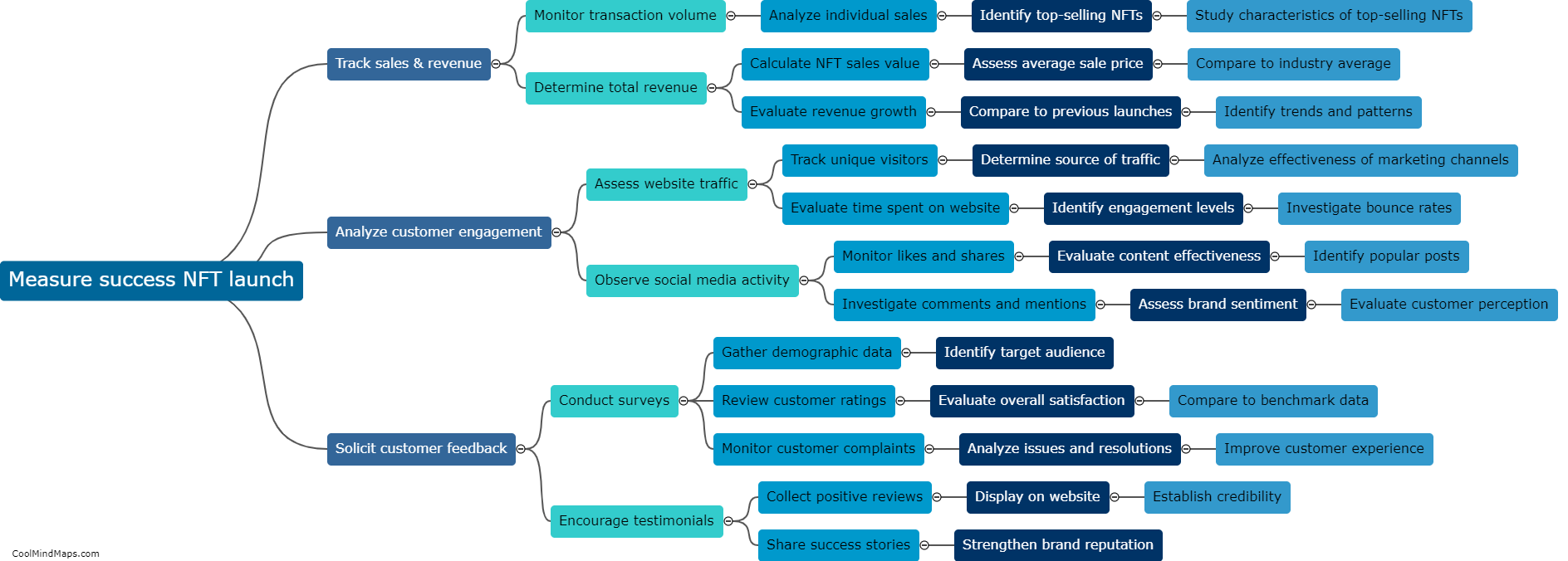What are the legal and ethical considerations for NFTs?
When it comes to Non-Fungible Tokens (NFTs), there are several legal and ethical considerations that should be taken into account. From a legal standpoint, copyright and intellectual property laws play a crucial role. Artists and creators should ensure that they are the rightful owners of the underlying digital content being tokenized as an NFT to avoid potential infringement issues. Additionally, issues related to licensing and royalties need careful attention, as the original creator's rights should be protected, even after the token is sold or transferred. Ethically, concerns arise regarding the environmental impact of NFTs, particularly due to the significant energy consumption associated with blockchain technology. Artists and buyers must evaluate the environmental consequences of their involvement in the NFT market and potentially seek greener alternatives. Furthermore, there should be transparency and responsible behavior regarding the representation and sale of digital art to prevent fraud or misrepresentation. Overall, navigating the legal and ethical considerations surrounding NFTs requires a careful balance between protecting rights, minimizing harm, and promoting sustainable practices.

This mind map was published on 2 August 2023 and has been viewed 93 times.











